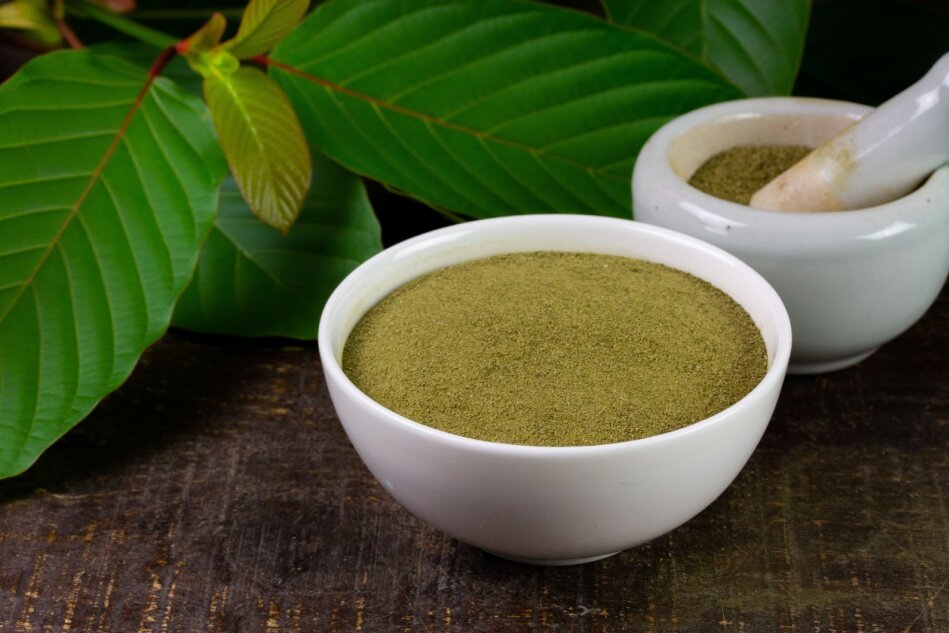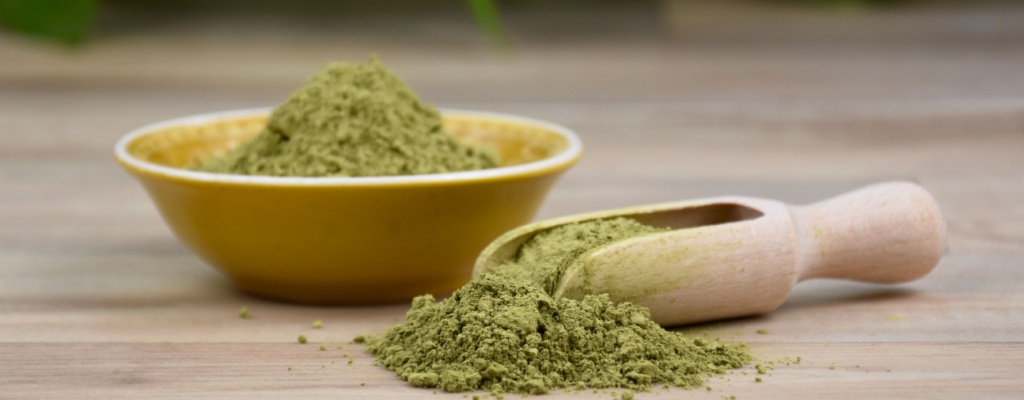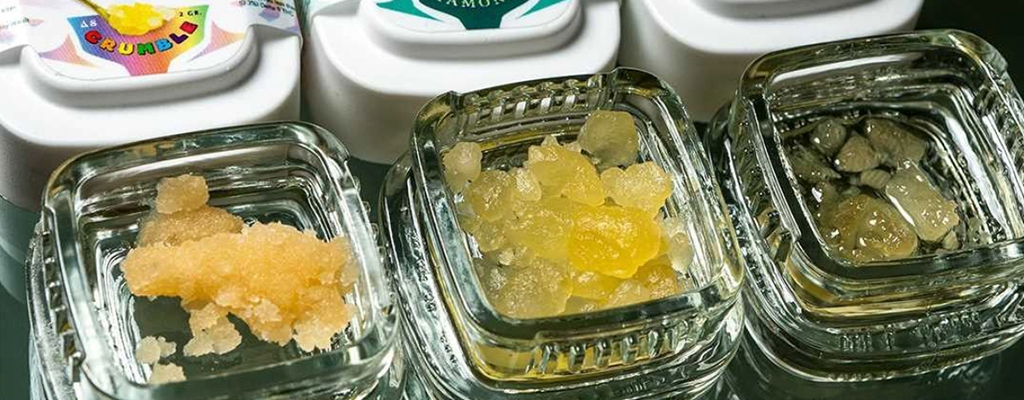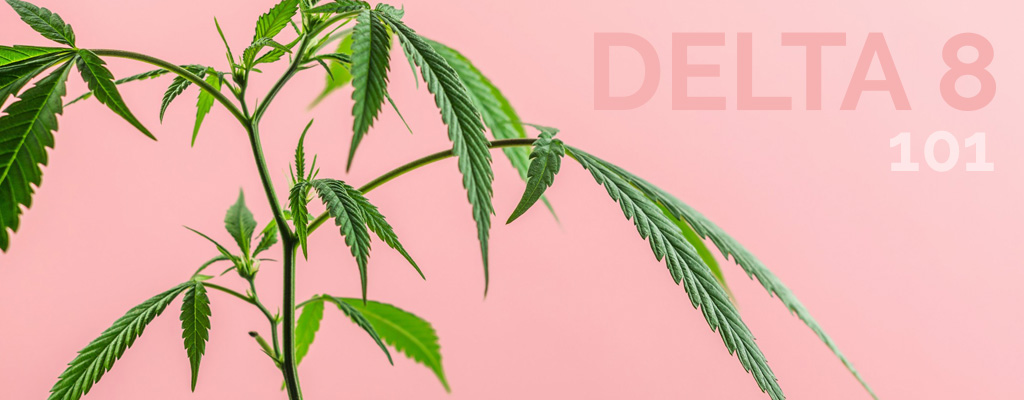Kratom, a plant-derived substance with functional and recreational uses, has varying effects based on dosage and is legal in most US states. While its presence in the body isn’t commonly tested for, kratom and its metabolites can remain detectable for days, influenced by metabolism and body fat.
Main Points:
- Kratom Basics: Derived from the mitragyna speciosa tree, kratom offers energy-boosting or sedative effects depending on the dose.
- Legality: Federally legal in the US, though banned in six states and regulated in some areas.
- Detection Time: Detectable for 9 days in blood/urine and 90 days in hair, though standard drug tests don’t screen for it.
- Influencing Factors: Metabolism and body fat significantly impact how long it stays in the system.
- Premium Products: Delta 8 Resellers provide quality kratom products from top brands.
With kratom growing more popular for both health and recreational uses, there’s a question that we’re hearing more frequently.
How long does kratom stay in your system?
The answer may be more complex than it sounds at first. Kratom is being extensively studied, but there aren’t yet simple and clear guidelines for how long it will stay in your system.
What we can do is look at the existing research and medical knowledge related to drug half-life to come up with some educated estimates about how long kratom is detectable after use.
To kick things off, let’s go through a refresher on what kratom is and how it works. Then, we’ll focus on the key question everyone wants answered: How long does kratom stay in your system?
Understanding Kratom: The Basics
Kratom comes from the mitragyna speciosa tree, a plant that’s native to Southeast Asia. Before it became popular in the US and other parts of the world, Kratom had a long history of use in certain areas where it grows naturally.
Kratom has applications in traditional medicine, as a functional substance (i.e. helping workers working long hours stay alert), and as a recreational substance as well. While the traditional medicine aspect isn’t common in the US, users here enjoy kratom both for its functional and recreational benefits.
The Effects of Kratom
The benefits of kratom products mainly come from two psychoactive chemicals present in kratom leaves: mitragynine and 7-hydroxymitragynine. These chemicals are alkaloids, which have the common traits of being found in plants, including nitrogen in their chemical structure, and causing some kind of effect on humans.
As the peer-reviewed journal Brain Research Bulletin points out, kratom has dose-dependent effects. In general, lower doses of kratom tend to increase energy and alertness, while higher doses have a more relaxing and sedating result. It’s easy to see how those effects can have both recreational and functional benefits.
While not confirmed by research, some users report health-related benefits from kratom. These include helping to manage anxiety and pain as well as lessen certain symptoms related to withdrawal from opioid drugs.
That range of effects based on dose is a key reason, perhaps the most important reason, why kratom products attract many different users.

Legality of Kratom
Kratom is federally legal in the US — there are no nationwide laws that restrict or prohibit its use, sale, or possession.
That’s largely true on the state level as well: A large majority of US states do not ban kratom or place major restrictions on its use (such as making recreational consumption illegal).
However, there are six states — Alabama, Arkansas, Indiana, Rhode Island, Vermont, and Wisconsin — where kratom is illegal. Some counties, cities, and towns have similar restrictions or prohibitions in place. Additionally, some states have regulations in place related to kratom, such as requiring product quality and safety testing and not allowing sales to minors.
How Long Does Kratom Stay in the Body?
A common question related to many psychoactive substances is how long they stay in the body. Before we answer the question of “How long does kratom stay in your system?”, there’s an important fact to point out: Kratom does not lead to a positive result (or a fail) on standard drug tests.
Some drug tests can detect kratom, but they are specialized and often costly. So, kratom can be detected through some forms of drug testing but is not looked for in most drug-testing situations. Unless a situation specifically calls for kratom testing, it’s very unlikely that a drug test will identify kratom use.
For some people, that can be a good enough answer to the question of how long kratom stays in your system. The presence or absence of kratom in your system won’t have much of an effect beyond that issue, as the effects of kratom generally only last for a few hours (roughly 2-6, depending on various factors).
If you’re looking for more information, here’s what we know about how long kratom stays in the blood or in the body.
There aren’t definitive, peer-reviewed scientific studies that give us exact averages for how long kratom lasts in people’s systems or in specific parts of the body like blood, urine, or hair. However, math based on drug half-life and the expected rate of processing and elimination can give us helpful guidelines of what’s likely.
One more note before getting to the numbers: Technically, kratom itself isn’t what’s present in the body after use. Instead, it’s the metabolites of kratom — the chemicals created when the body processes kratom and we feel its effects.
Rehab clinic Accelerated Neuro Regulation explains that, based on the rate at which kratom is thought to be processed in the body, it’s likely that use can be detected nine days afterward on average, through both blood and urine testing. Additionally, kratom may be detectable in hair for 90 days after it is used.
As with many substances, there are factors that affect how long kratom may last in an individual person’s system.
Kratom is fat soluble, so a higher body fat percentage could mean it remains in a person’s system longer. The speed of your metabolism, which itself is influenced by everything from how much you exercise to your age, will also play a major role in how long kratom stays in your system.
If there’s one thing to take away from this explanation, it’s that the question of how long kratom stays in the body doesn’t have many real-world implications because of the lack of testing for kratom.
Exceptional Kratom Products from the Very Best Brands
Delta 8 Resellers takes care to only partner with leading kratom brands. It’s a key part of our strategy to bring you the very best kratom products available. Check out our selection of Kratom products!



